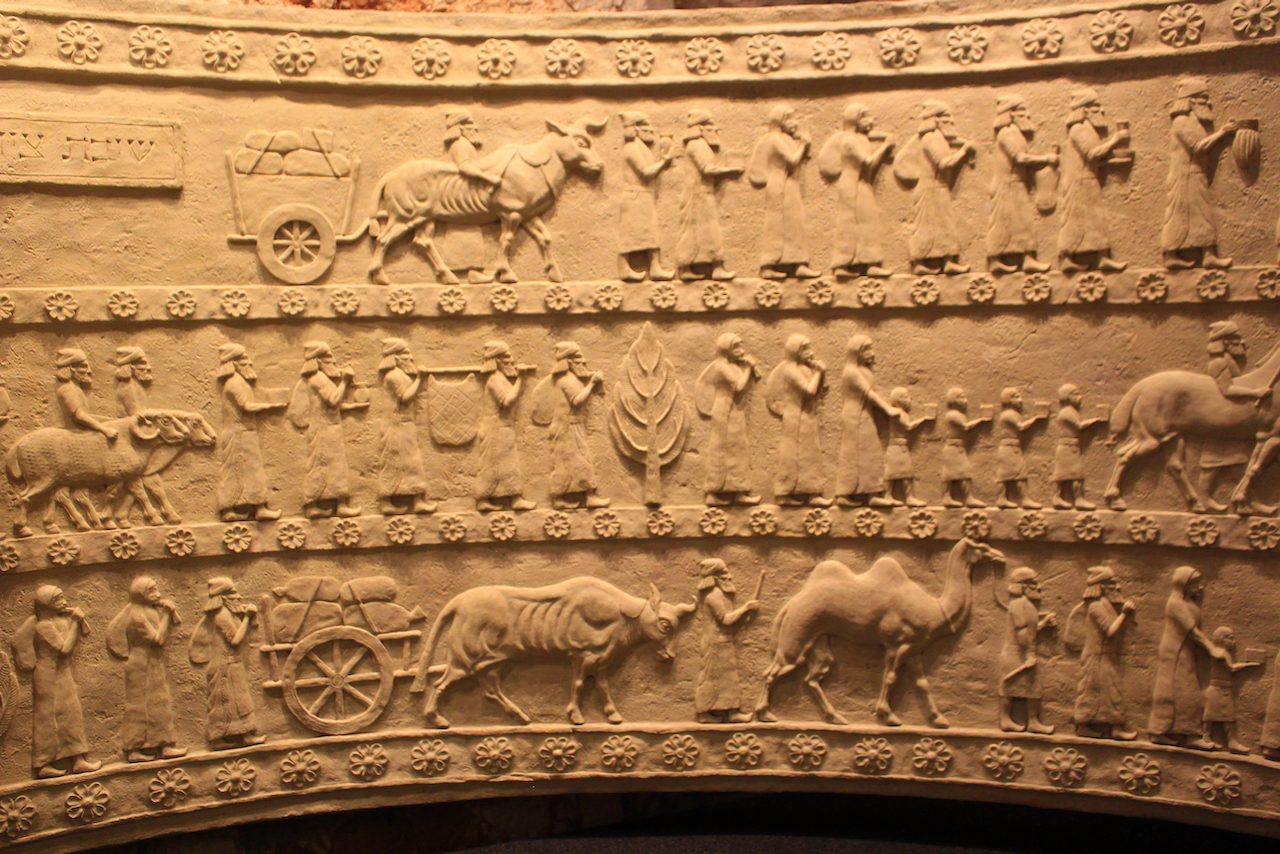“Woe to the city of oppressors, rebellious and defiled! She obeys no-one, she accepts no correction. She does not trust in the Lord, she does not draw near to her God. Her officials within her are roaring lions; her rulers are evening wolves, who leave nothing for the morning. Her prophets are unprincipled; they are treacherous people. Her priests profane the sanctuary and do violence to the law.” (Zephaniah 3:1-4 NIV)
Zephaniah was writing about conditions in Jerusalem in the days of king Josiah of Judah (Zephaniah 1:1). Although Josiah was primarily faithful to God, the people were not following him whole-heartedly. Within a few years Babylon would invade and Judah would be in exile.
Although Zephaniah was writing about conditions in Jerusalem what he wrote could apply to the people of just about any nation today: rebellious, not accepting any correction, do not trust God, unprincipled religious leaders, and treacherous. Rebellion today seems to be in the air as much as it was in the days of Josiah. The religious leaders then and now should be pointing the way back to God and not ignoring what God’s word said.
Despite all of this, God was still there: “The Lord within her is righteous; he does no wrong. Morning by morning he dispenses his justice, and every new day he does not fail, yet the unrighteous know no shame” (Zephaniah 3:5). God was there, untainted by what was going on in Jerusalem. He continued to be the same unchanging God that he had always been – he dispensed justice and was there day in and day out. Despite what goes on in nations today, God is there and he is aware of what is happening.
God’s people in Judah should have learned from what was happening around them. God had destroyed nations for how they treated others. In particular Assyria as a world power was waning – this nation had looked unconquerable but God dealt with them. Surely those in Jerusalem could see how powerful God was.
“Of Jerusalem I thought, ‘Surely you will fear me and accept correction!’ Then her place of refuge would not be destroyed, nor all my punishments come upon her. But they were still eager to act corruptly in all they did.” (Zephaniah 3:7)
If they had only accepted God’s correction the destruction that was coming could have been averted. Instead they were eager to continue in their sin lives mimicking the nations around them. What did they need to do be from their punishment? The answer was simple: they needed to return to worshipping and serving God.
“At that time I will deal with all who oppressed you. I will rescue the lame; I will gather the exiles. I will give them praise and honour in every land where they have suffered shame. At that time I will gather you; at that time I will bring you home. I will give you honour and praise among all the peoples of the earth when I restore your fortunes before your very eyes,’ says the Lord.” (Zephaniah 3:19-20)
When they returned to God he would rescue them and deal with those who had oppressed them. We can see this playing out in history, as the Babylonian kingdom was conquered by the Medes and Persians and God’s people were allowed to return to their land. God brought them home, just as he said he would! They once again became a nation with the honour and praise of those around them.
Although God no longer has a nation of people today, he still has a people: Christians. The message of Zephaniah is one that we need today. When we wander from God we need to return to him and he will once again be with us. Our salvation and security isn’t in the power of our nation but in God – only he can save and keep us secure. We look forward to the day that he will bring us home – to our eternal home.
Photo by Jon Galloway from display in the Citadel, Jerusalem: The Return to Zion.
Readings for next week: Zephaniah 3; Haggain 1-2; Zechariah 1-9
- Jesus our Passover Lamb - 2026-01-23
- Growing in faith despite difficult circumstances - 2026-01-16
- God’s temple - 2026-01-09
